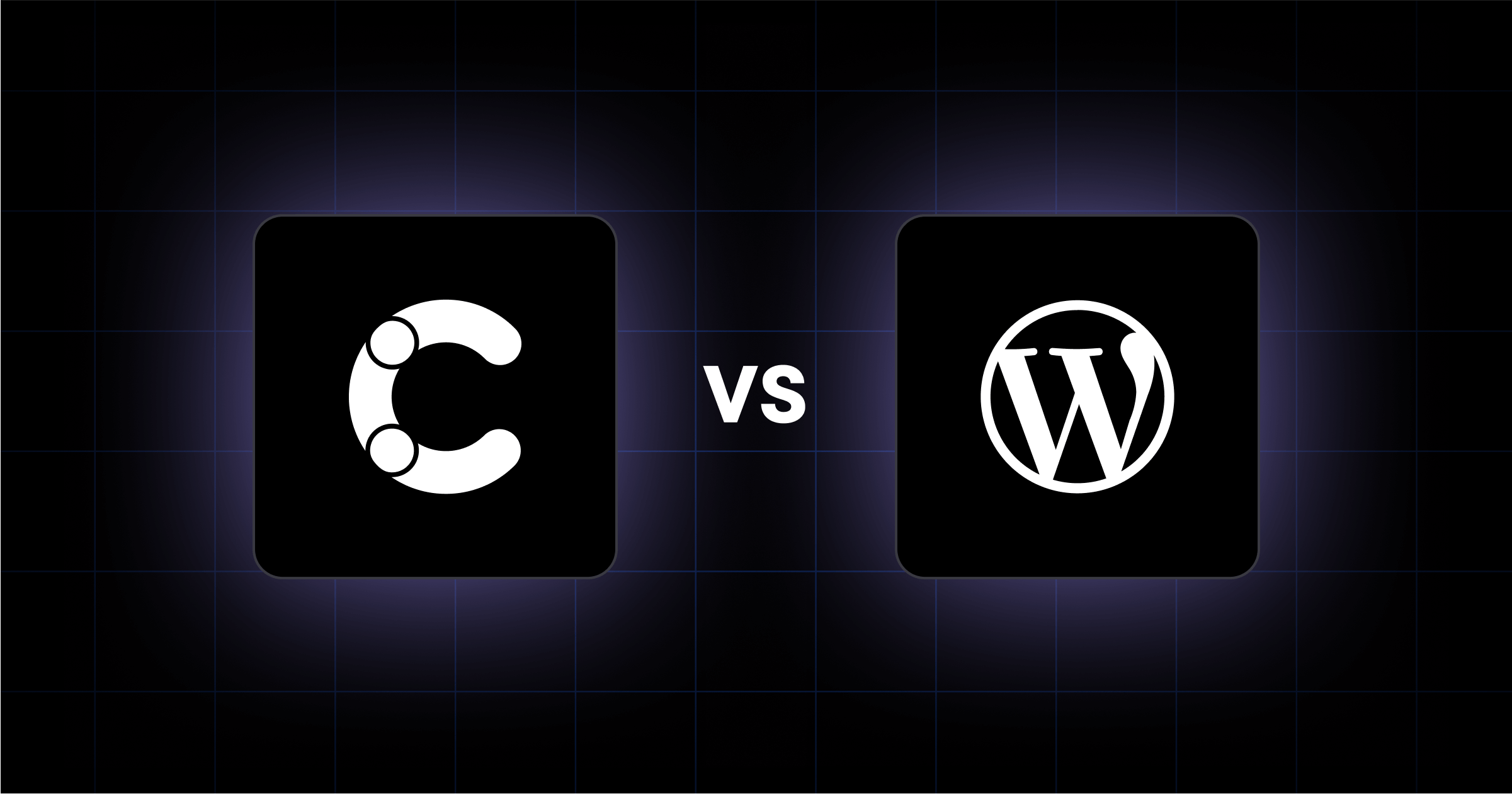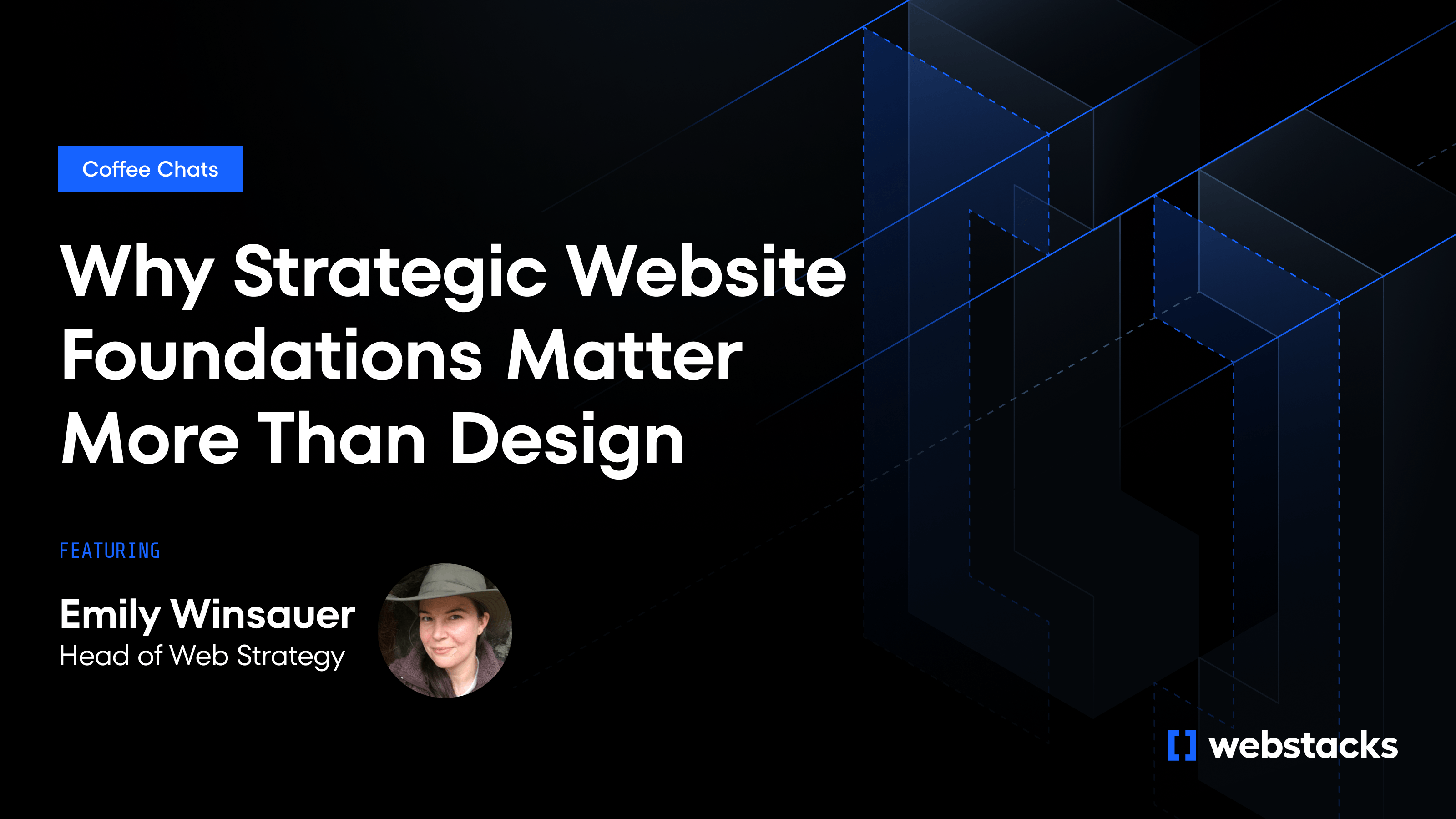Are you trying to decide between WordPress and Contentful for your tech enterprise? Both platforms offer unique strengths, but they cater to different needs. Understanding the differences can help you make an informed choice.
Ease of Use
When you're leading a tech enterprise, you need a CMS that's intuitive and won't bog down your team.
- WordPress's beginner-friendly interface
- Gutenberg editor for intuitive content creation
- Contentful's steeper learning curve
- Technical expertise needed for Contentful setup
Performance
Speed and performance play a significant role in choosing the right CMS for your tech enterprise. Let's look at how WordPress and Contentful stack up in these areas.
- WordPress performance varies based on setup
- Optimization techniques for WordPress
- Contentful's decoupled architecture advantages
- Contentful's built-in CDN for fast delivery
Customization and Flexibility
When it comes to flexibility and customization, both WordPress and Contentful offer unique advantages that cater to different needs.
- WordPress's vast theme and plugin library
- Customization without extensive coding in WordPress
- Contentful's flexible content modeling
- API-driven approach for custom integrations in Contentful
Scalability
Scalability is a key factor when choosing a CMS for tech enterprises. Let's dive into how WordPress and Contentful handle scalability.
- WordPress scalability with proper hosting and optimization
WordPress has multisite CMS solutions that can scale effectively with the right hosting and optimization strategies. Managed WordPress hosting providers offer solutions that handle increased traffic and data loads. Techniques like caching, database optimization, and using Content Delivery Networks (CDNs) can significantly enhance performance, allowing WordPress sites to manage higher traffic volumes without compromising speed. - Challenges of scaling complex WordPress sites
- Contentful's suitability for enterprise-level applications
- Contentful's ability to handle high traffic and data volumes
Security
Security is a major consideration when choosing a CMS for your tech enterprise. Let's compare how WordPress and Contentful handle security.
- WordPress security depends on setup and maintenance
- Vulnerabilities in WordPress sites
- Contentful's built-in security features
- Automatic updates and managed security in Contentful
SEO
When it comes to SEO, WordPress and Contentful offer different approaches to help your site rank well in search engines.
- WordPress's SEO-friendly features and plugins
- Yoast SEO and All in One SEO Pack for WordPress
- Contentful's API-driven SEO implementation
- Need for SEO expertise with Contentful
Cost
When comparing WordPress and Contentful, understanding the cost implications is key to making an informed decision.
- WordPress's open-source nature and hosting costs
- Expenses for premium WordPress themes and plugins
- Contentful's subscription-based pricing model
- Potential high costs for enterprise-level Contentful usage
The Verdict: Should You Choose WordPress or Contentful?
If you're just starting out or need a straightforward website, WordPress is your go-to. Its user-friendly interface and vast library of themes make it easy to set up and manage without needing advanced technical skills. You can quickly create blogs, small business sites, or personal portfolios.
WordPress excels in SEO capabilities with plugins like Yoast SEO and All in One SEO Pack. These tools simplify the process of optimizing your site for search engines. Additionally, the WordPress community is vast and active, offering plenty of resources, forums, and tutorials to help you troubleshoot and enhance your site.
For enterprises with intricate content requirements, Contentful stands out. Its headless CMS architecture allows you to create custom content models that can adapt to various use cases. This flexibility ensures that your content remains organized and scalable, making it ideal for large-scale projects.
Contentful's API-driven approach enables seamless integration with various front-end frameworks and third-party services. This makes it perfect for tech enterprises needing custom solutions. Additionally, Contentful offers robust built-in security features, including role-based access controls and automatic updates, ensuring your content remains secure without the need for constant manual intervention.
See the Webstacks difference: Schedule a brief discovery call today. Discover how we can transform your website into a powerful marketing tool. Contact us at Webstacks to get started.




